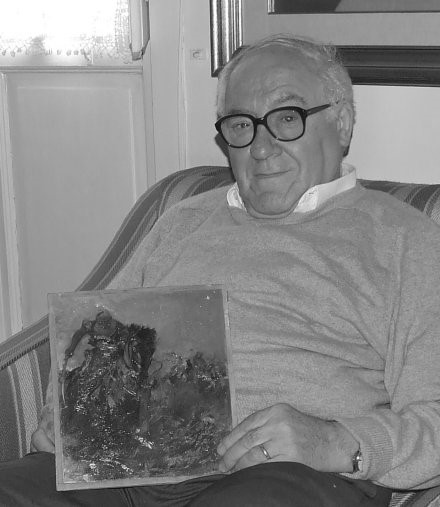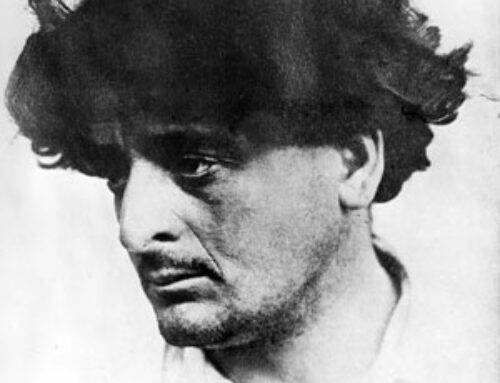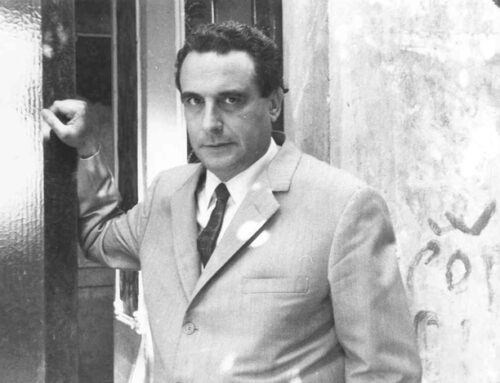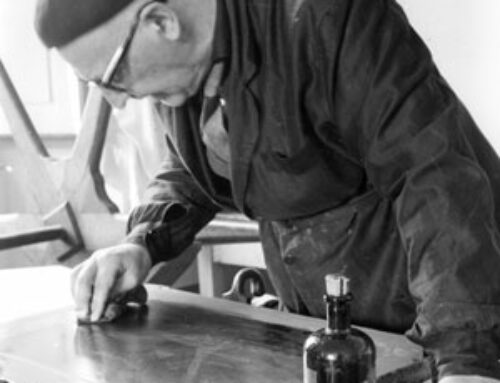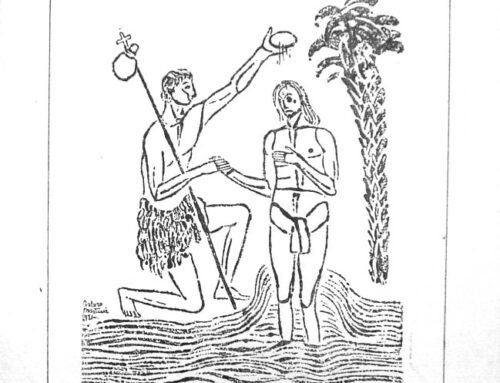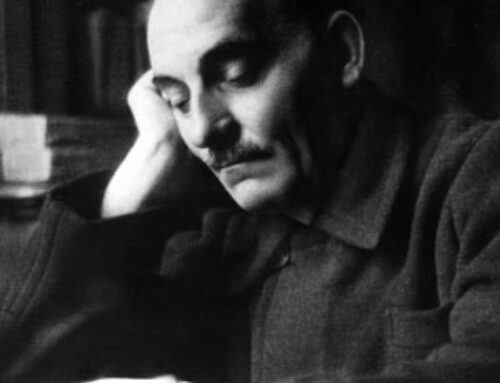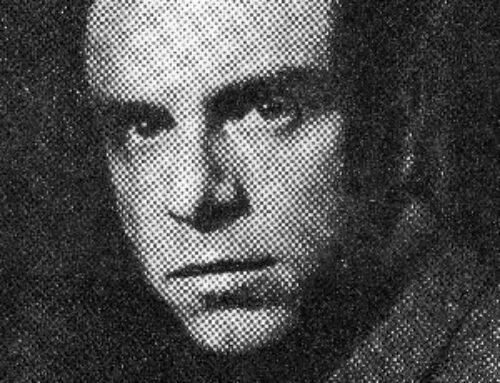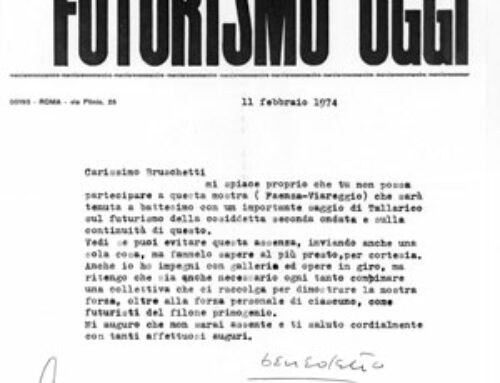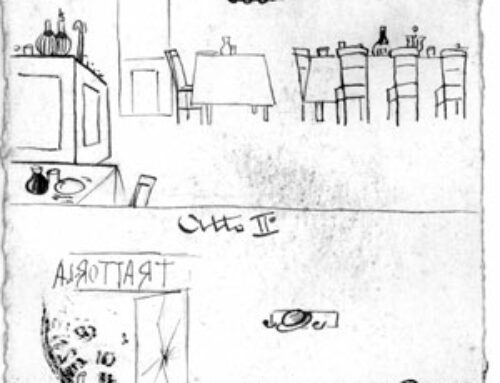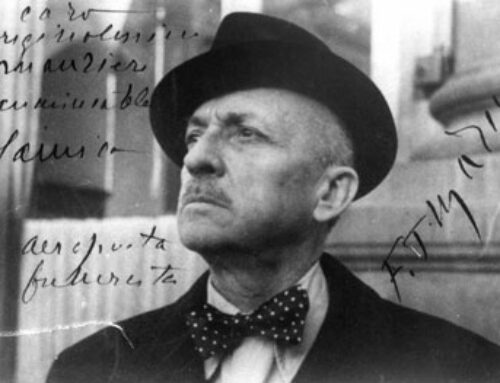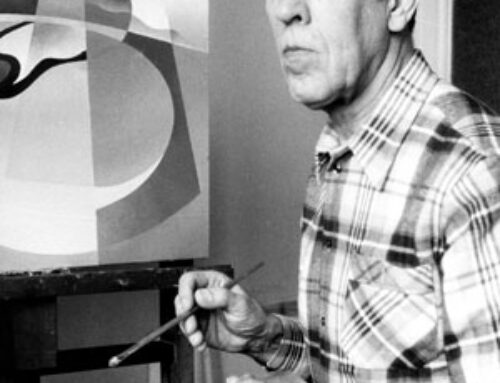(Alexandria, 1917 – Rome 2009), essayist and storyteller, historian and critic of the performing arts, is Professor Emeritus of Film History and Criticism at La Sapienza University in Rome. He edited the magazines “Black and White,” “Cinematica,” “Contemporary Theater,” “Cinema educatif et Culturel” (Paris-Rome) and “Ecrans du Mond/World Screen” (Paris-London). His numerous publications on popular entertainment, cinema, and avant-garde theater, with special emphasis on Futurism, of which he is an internationally acclaimed historian, include: Intellectuals and cinema (1952), Cinema and Literature of Futurism (1967), Futurist Time Theater (1969), The scene and costume in the film (1956), Italian avant-garde theater (1970), What is Futurism (1970), Lubitsch (1971), Futurist prose and criticism (1973), Avant-Garde Poems and Cinematic Scenarios (1975), The Historical Avant-Garde in Cinema (1975), The Italian Futurists (1978), Twentieth-Century Theater (1981), Contemporary Theater (three vols. and five appendices, 1982ff.). Work on Futurism culminated in 1990-91 in Diario parafuturista, I fratelli Bragaglia, Immaginario dell’acciaio, Avanguardie teatrali and La Casa d’Arte Bragaglia.
The Mario Verdone Fund, donated to the Foundation in 1987, is divided into the following sections: Manuscripts, which includes manuscript and typescript material of various kinds, attributable to authors related to the period of the Avant-Garde and in particular to Futurism: Chiti, Ginna, Govoni, Marinetti, Settimelli. They range from the Marinettian essay on the Total theater to Govoni’s plays, from Ginna’s autograph notebook to Life makes itself by Chiti, with an introduction by Verdone; Library,which hosts a series of studies and critical essays by Verdone, including the original edition of the Futurist Time Theater ’69 with autograph corrections by the author, and a collection of excerpts from his speeches, which appeared mostly in journals.

